Dr. Valérie Briois
SOLEIL Synchrotron, France
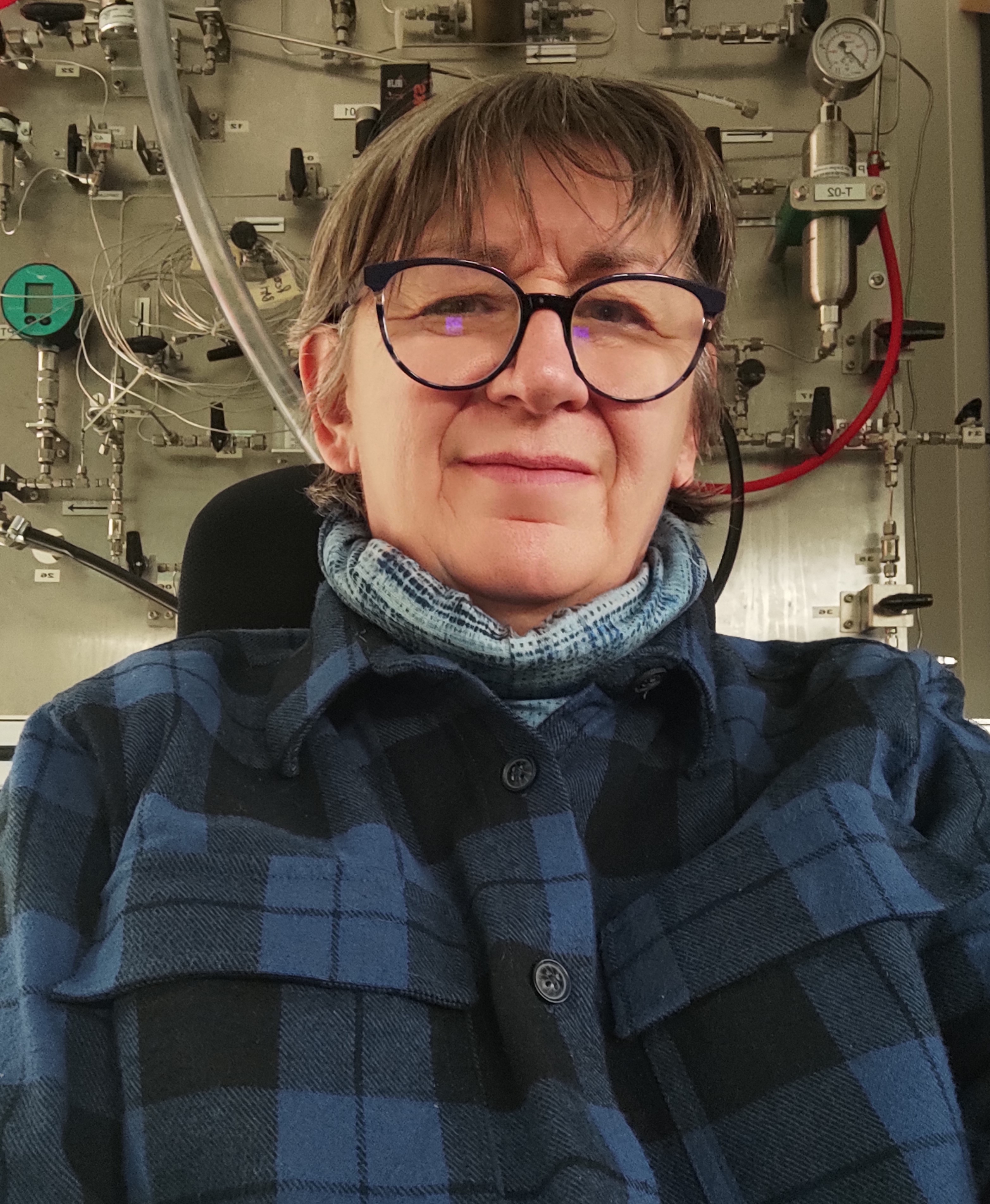
Valérie Briois received her PhD from the Paris VI University (Paris) in 1991. She worked at LURE (1991-2004) and now at SOLEIL, the French Synchrotron Radiation facilities. CNRS Research Director, she is the head of the ROCK quick-EXAFS beamline at SOLEIL. She works on the operando quick-EXAFS characterizations of catalysts and contributes to the spread of MCR-ALS applied to quick-EXAFS analysis. Her current research activities are focused on hydrodesulfurization and ethanol steam reforming catalysts.
Dr. Emiliana Fabbri
Paul Scherrer Institut, Switzerland
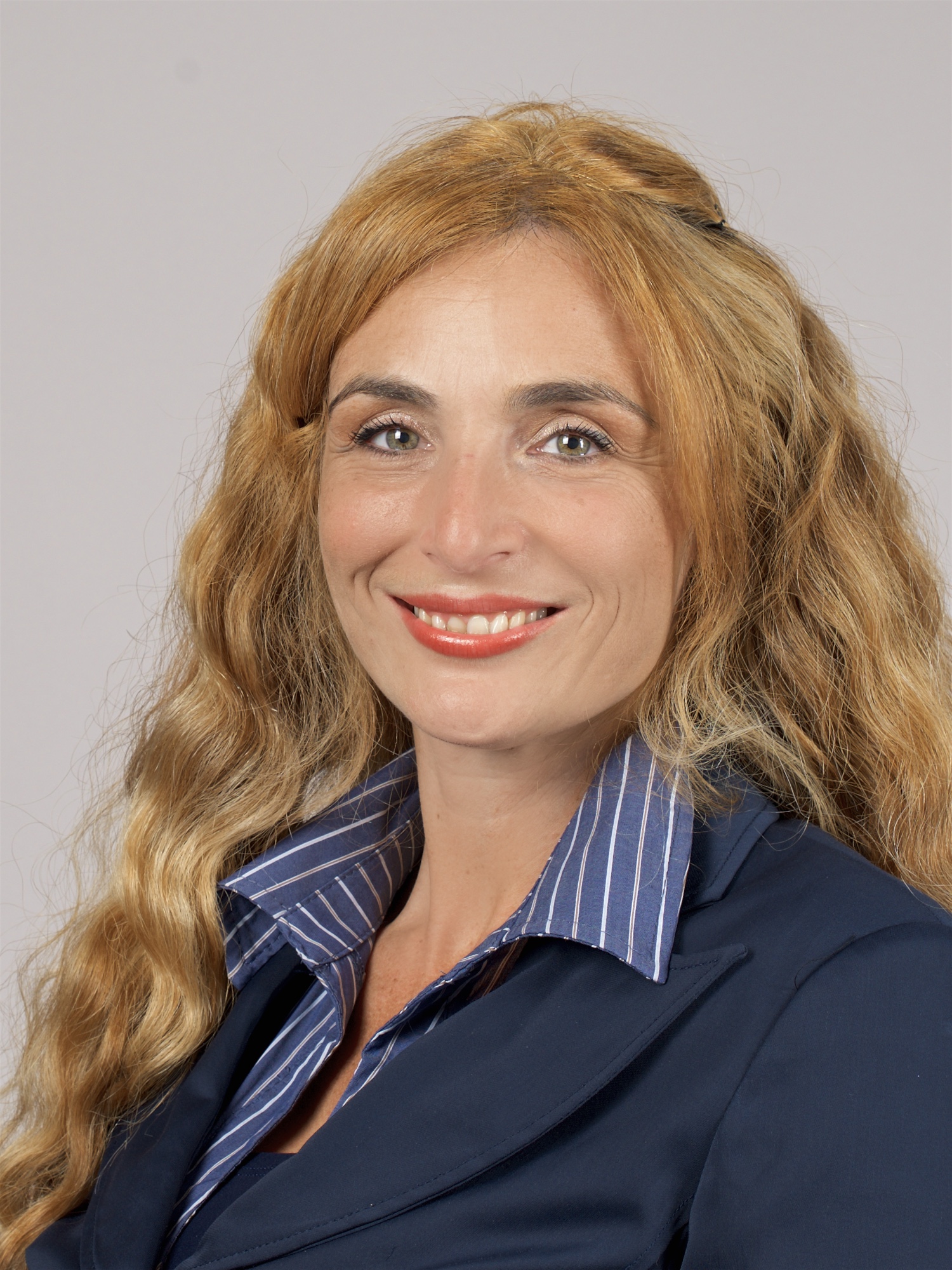
Emiliana Fabbri received her PhD in Materials Science from the University of Rome Tor Vergata, Italy on December 2008. A significant part of her PhD studies were carried out at the University of Florida, Gainesville USA. In 2009 she was appointed as tenured scientist at the National Institute for Materials Science (NIMS), Japan. Since January 2012, Emiliana Fabbri joined the Paul Scherrer Institute in Switzerland as senior scientist working on materials for electrochemical energy storage and conversion, with emphasis on metal oxides. To gain a fundamental understanding of electrochemical reaction mechanisms and catalytic activity descriptors, she is particularly interested in the catalyst surface chemistry, electronic and local structure investigated by operando X-ray spectroscopy. Emiliana Fabbri is co-author of more than 100 publications published in international peer-reviewed journals.
Prof. Christian Hess
Technical University Darmstadt, Germany
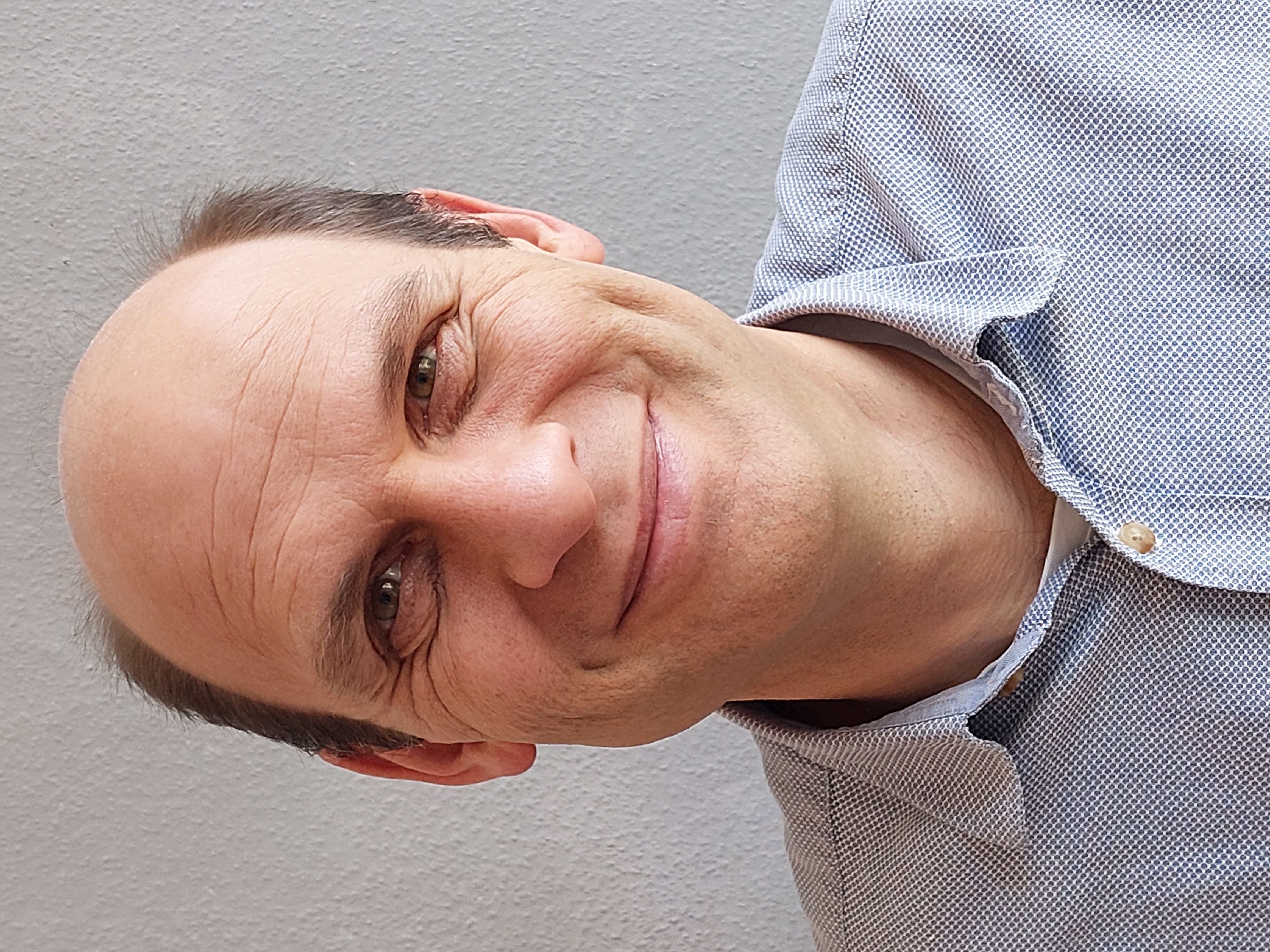
Christian Hess studied chemistry at the universities of Würzburg, Cambridge, and Göttingen and obtained his PhD at the Fritz Haber Institute in Berlin. After post-doctoral research at Texas A&M University and UC Berkeley/LBNL as a Feodor-Lynen and Otto-Hahn Fellow, he returned to the Fritz Haber Institute to lead an Emmy Noether Group. Since 2008 he has been professor at the Technical University of Darmstadt. In his research, he focuses on understanding the mode of operation of functional materials used in catalysis, gas sensing and energy science.
Dr. Matteo Monai
Utrecht University, The Netherlands
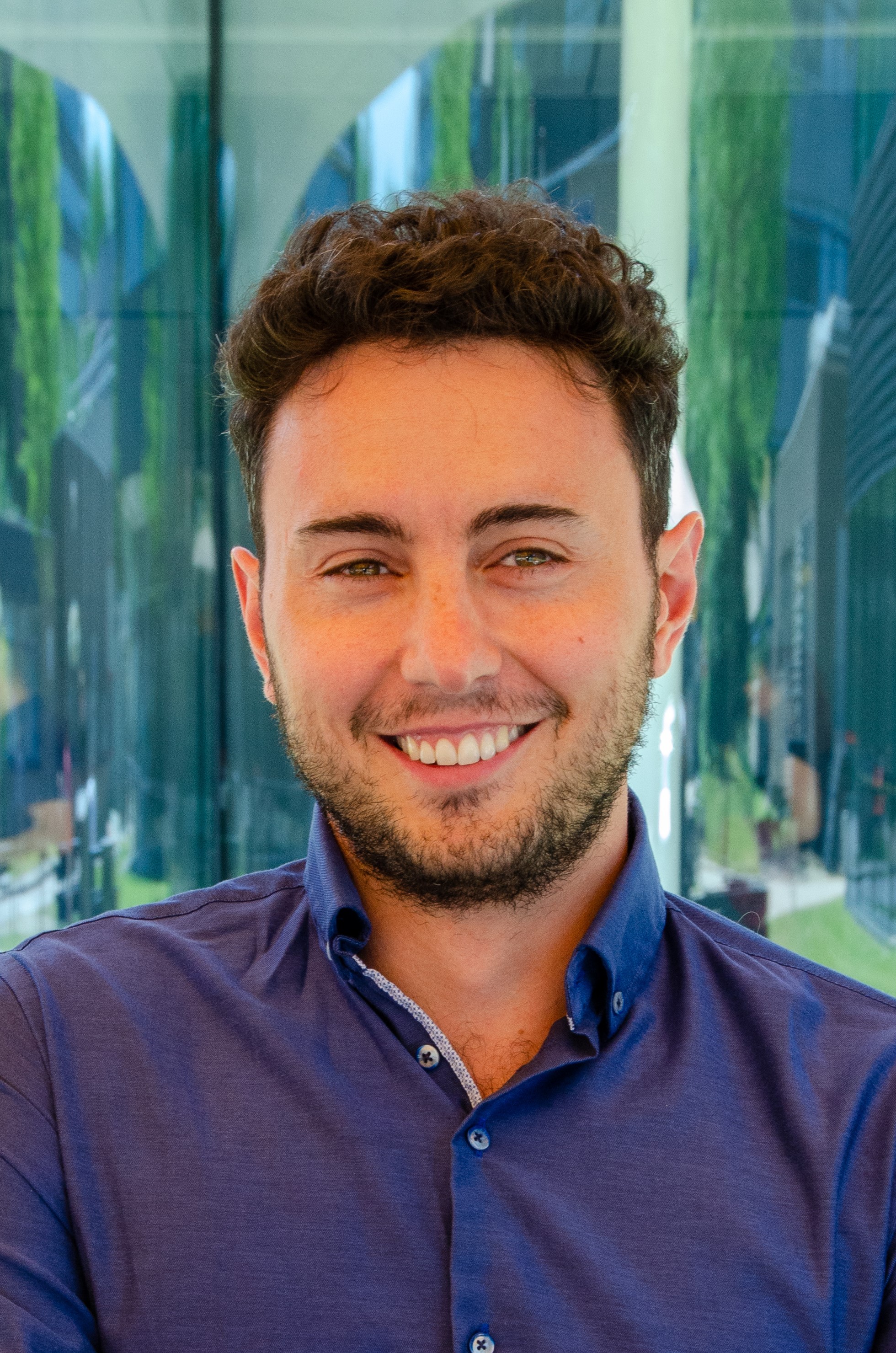
Matteo Monai is Assistant Professor in the Inorganic Chemistry and Catalysis research group at Utrecht University. The group develops and works with various spectro-microscopic techniques to study functional nanomaterials during catalysis. Matteo aims to understand how to develop better catalysts by tweaking their structure both directly and using external stimuli, with a focus on nanostructured heterogeneous catalysts for small molecules activation (e.g. CO2 hydrogenation, dry methane reforming). Matteo received his Ph.D. in Chemistry in 2017 at the University of Trieste (Italy), and he was a visiting scholar at the University of Pennsylvania (Philadelphia) before joining Utrecht University as a postdoctoral fellow in 2017.
Dr. Olga Safonova
Paul Scherrer Institut, Switzerland
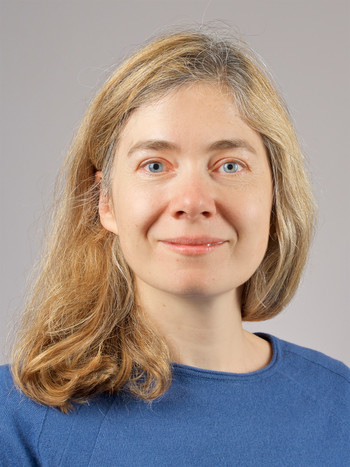
Olga Safonova received her degree in chemistry and completed her Ph.D. thesis in inorganic chemistry at Lomonosov Moscow State University (Russia) studying the mechanism of operation of gas sensors based on semiconductor oxides. Then she moved to France to the European Synchrotron Radiation Facility (ESRF, Grenoble) to learn how to use X-ray absorption and diffraction methods to study heterogeneous catalysts. Currently, she is a senior scientist at the Paul Scherrer Institute (Switzerland) in the Operando Spectroscopy group. Her scientific interests are focused on understanding the structure-activity relationships in heterogeneous catalysts involving metal and oxide nanoparticles and cationic species on the surfaces. The research of Olga Safonova uses new development of time-resolved spectroscopic methods to access the structure and reactivity of active sites in heterogeneous catalysts on the atomic scale. Her main expertise lies between chemical kinetics and in situ/operando X-ray absorption and emission spectroscopy (XAS and XES) techniques based on hard X-rays. She currently leads research projects on the fundamental understanding of selective oxidation and CO2 hydrogenation processes at the metal-oxide interfaces and the supported metal-oxo species. She participates in the management and operation of the SuperXAS beamline at the Swiss Light Source. The research projects of Olga Safonova are funded by the Swiss National Science Foundation and EU programs. She is a member of the Executive Committee of the International X-ray Absorption Society (IXAS).
Dr. Takashi Toyao
Hokkaido University, Japan
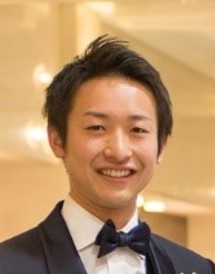
Takashi Toyao studied Applied Chemistry and obtained his PhD from Osaka Prefecture University under the supervision of Prof. Masaya Matsuoka. After a 2-month period as a JSPS postdoctoral research fellow, he joined Hokkaido University as an Assistant Professor in 2015. During 2016-2022, he also served as a project Assistant Professor at Kyoto University. His research interests include CO2 utilization, automotive emission control, and lower alkanes upgrading using experimental, theoretical and data science approaches. He was recently awarded The Chemical Society of Japan Award for Young Chemists (2022).

